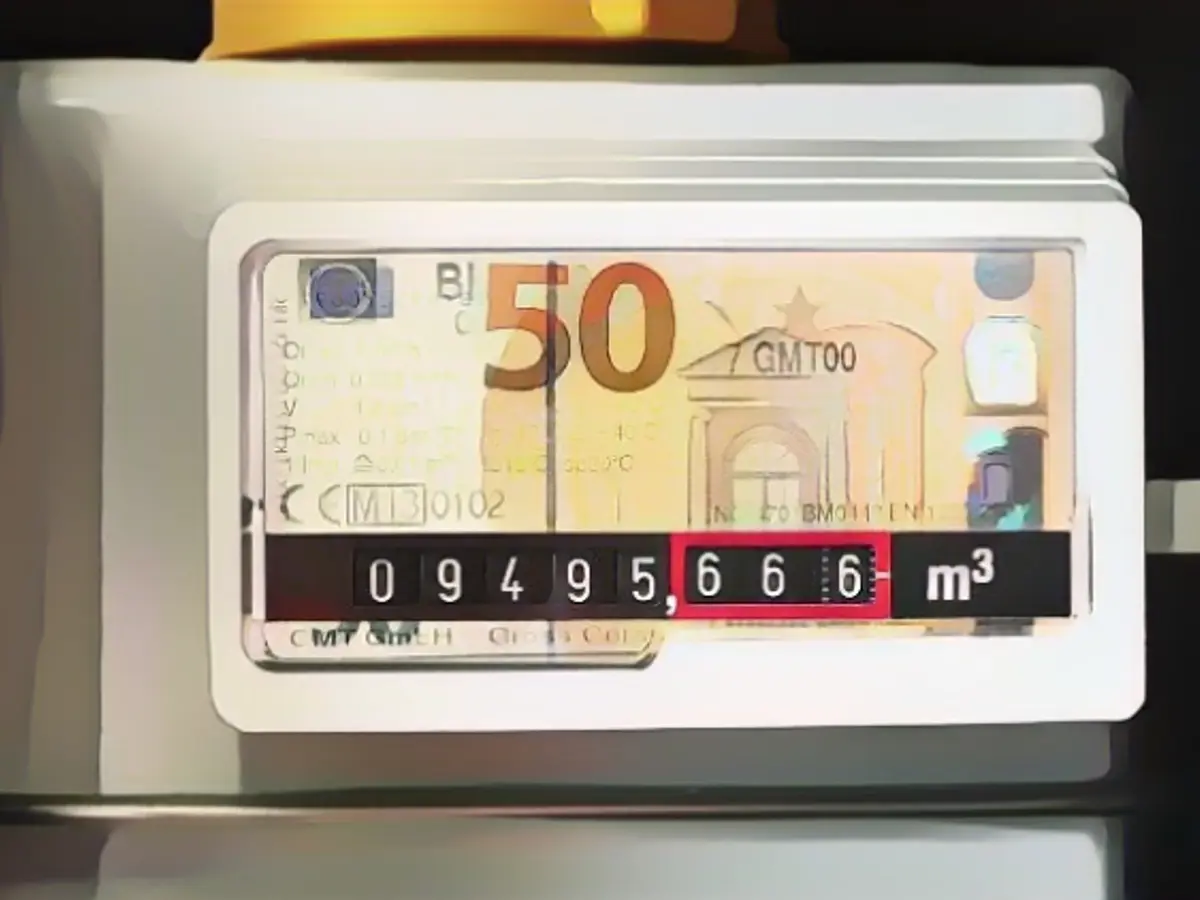Expiring Energy Price Brakes: What You Need to Know
In an unexpected turn of events, the energy price brakes intended to help individuals cope with sky-high energy costs will not be extended beyond March 2024. Instead, these brakes will be called off by the end of this year, as per the order of Finance Minister Lindner, in line with the ruling of the Federal Constitutional Court regarding the federal budget.
Respite from High Energy Costs...Temporarily
While the good news is the prices for electricity and gas have taken a U-turn since last winter, thanks to these brakes, the bad news is that these temporary measures will soon come to an end.
Originally launched in March 2023, the price brakes aimed to cap 80% of the previous year's consumption costs at 12 cents for gas and 40 cents for electricity per kilowatt-hour for each household. Consumption exceeding this limit is billed at the current tariff's gas or electricity price.
Extending the Brakes: Little Relief to Households
Recent analysis from Verivox reveals that an extension of these brakes until March 2024 would have scarcely eased the burden on German households. On average, electricity bills would have dropped by just 0.3%, reducing from €1457 to €1452 per annum, amounting to mere savings of €5. A similar impact was projected for gas tariffs, with an average reduction of 1.1%, from €2420 to €2393, translating to €27 savings.
Energy Tariffs for New Customers Already Below the Threshold
While the brakes primarily serve basic supply tariffs, tariffs for new customers already fall below the state's price cap, eliminating the need for state subsidies. In these scenarios, the relief derived from the electricity price brake is marginally higher. Electrical costs are projected to drop from an average €1841 to €1821 annually, translating to a reduction of €20.
As for gas tariffs, an extension of the price break until March 2024 would have resulted in average gas costs of €2393, a decrease of €27 compared to the initial €2420. This projected decrease, however, would be nullified due to the elimination of the reduced VAT rate from February's end. As a result, annual gas bills would amount to €2411. Essentially, only households still relying on expensive basic gas supply would experience any relief, with estimated savings of €80.
Switching to Cheaper Tariffs: A Better Option
New energy suppliers propose tariffs substantially lower than the thresholds for price brakes. An average kilowatt-hour of electricity on the cheapest available tariff currently costs 27 cents, and gas costs around 9 cents per kilowatt-hour. Switching can thus help households save several hundred euros annually.
Conclusion
While the demise of the price brakes may prove detrimental for households still on expensive tariffs, the wiser decision would be to explore cheaper tariffs. Consumers paying above 12 cents per kilowatt-hour for gas and 40 cents per kilowatt-hour for electricity should seriously consider switching companies to secure substantial savings.
- In light of the Federal Constitutional Court's ruling, Finance Minister Lindner announced the termination of the electricity and gas price brakes, which have capped 80% of the previous year's consumption cost at a reduced rate, by the end of the year.
- With the removal of these brakes, households may struggle to maintain their existing energy budgets, particularly those still on expensive tariffs for gas, above 12 cents per kilowatt-hour.
- A trusted advisor or energy consultant can help consumers explore their options and find more affordable energy supply options, ultimately reducing heating costs.
- With escalating gas prices, some households might struggle to afford their energy bills, potentially leading to disputes between consumers and their landlords or energy suppliers.
- Energy suppliers already propose lower prices for new customers, making them a viable and cost-effective option for households looking to lower their energy bills.
- The removal of the price brakes is a response to the Federal Constitutional Court's ruling, which compromised the federal budget, requiring a reevaluation of energy policies and gas and electricity price brakes.
Source:
Enrichment Data: The termination of electricity and gas price brakes in Germany by the end of the year could potentially have various impacts on consumers, such as:
- Increased Energy Costs: For some households, particularly those with income constraints, the removal of brakes could lead to a dramatic increase in energy costs, impacting their overall budgets negatively.
- Shift Towards Renewable Energy: With pricier conventional energy sources, an increasing number of households may opt for renewable energy options, such as solar or wind power, to lessen their reliance on electric grid services and reduce heating costs.
- Need for Energy Efficiency Measures: Promoted by the high energy costs, consumers might invest in energy-efficient appliances and home insulation to lessen their energy consumption and corresponding bills.
- Possible Revival of Coal Use: The escalating gas costs may compel some consumers to shift back to coal for energy production, resulting in environmental complications and potentially not being as economically viable or practical in the long term.
- Industrial Sector Repercussions: Energy-intensive sectors, such as chemicals, steel, and others, could be adversely affected by the rising energy costs, leading to operational restructuring and potential job losses.
- Government Intervention and Assistance: In this scenario, the German government might advocate policies to alleviate the impact of higher energy costs, like subsidies for low-income households or incentives for energy-efficient technologies, depending on the time and resources available.
- Market Adaptation and Innovation: With the removal of price brakes, market players and consumers may explore more adaptable and cost-effective energy solutions, potentially involving free-on-board contracts for LNG to facilitate the redistribution of fuel where it is most needed.








